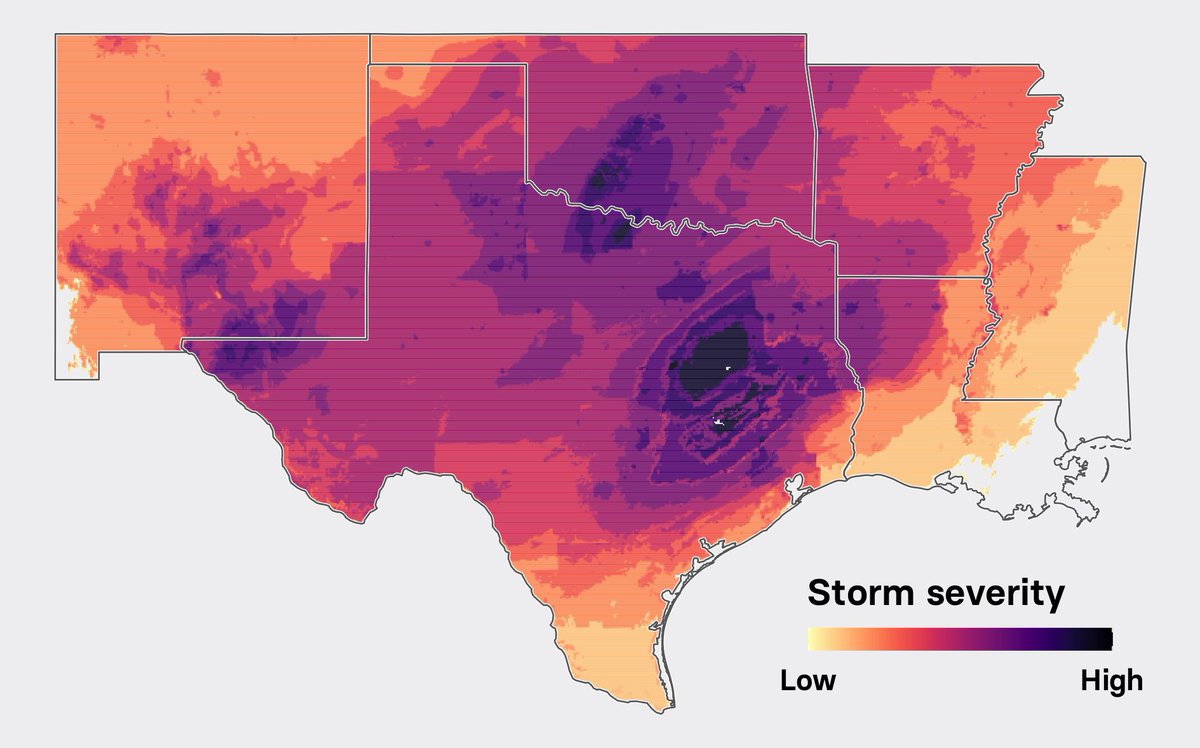
NEW: The US has surpassed 600,000 confirmed deaths from COVID-19, a stark reminder of the ongoing human cost even as the vaccine campaign significantly slows the spread of the virus.
buzzfeednews.com/article/claris…
buzzfeednews.com/article/claris…
More than 144 million people, or about 43% of the country, are fully vaccinated against COVID-19. But daily vaccinations have slowed considerably.
Roughly 1 in 5 Americans say they will not get vaccinated, with most identifying as Republicans.
Some who have died of COVID had refused the vaccine, leaving families to mourn a death that could have been prevented.
Some who have died of COVID had refused the vaccine, leaving families to mourn a death that could have been prevented.
The Biden administration’s vaccination goal isn’t guaranteed, but experts remain hopeful: "We want to reach 70% of the adult population by the 4th of July,” Dr. Anthony Fauci said last week. “I hope we will. And if we don't, we're going to continue to keep pushing."
• • •
Missing some Tweet in this thread? You can try to
force a refresh






